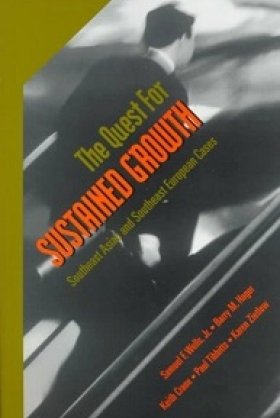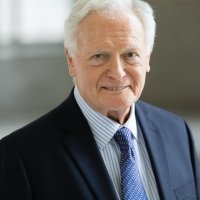The Quest for Sustained Growth: Southeast Asian and Southeast European Cases

-
This report assesses the “Washington Consensus” on liberalizing markets in pursuit of sustained economic growth. In 1997, the “Asian Economic Miracle,” thirty years of rapid growth and low inflation, ended abruptly with runs on Southeast Asian currencies and a massive flight of capital, precipitating deep economic recessions. Meanwhile, the countries of Southeast Europe had been struggling to reconstruct market economies out of the shreds left by socialist economies, their efforts complicated by civil strife or war.
Both regions had been urged by international organizations to adopt a package of policies, often called the Washington Consensus, of opening domestic markets, freeing trade, and opening domestic capital markets to free movements of international capital. Did the crisis in Southeast Asia, and related crises in Russia and Latin America, call into question that advice?
To address that question and study creation of sustained growth, the September 17–18, 1998, conference at the Woodrow Wilson International Center for Scholars examined these two regions. Panels reviewed the roles of international institutions, central banks, and currency boards; fixing of exchange rates; opportunities and problems of foreign investment; U.S. policy and the international institutions; and financial globalization. Participants included officials from international financial institutions, national banks from the regions, and the United States, as well as economists, historians, and researchers.
Samuel F. Wells, Jr., is associate director of the Woodrow Wilson International Center for Scholars. Barry M. Hager is president of Hager Associates, a legal and consulting firm specializing in international finance and trade. Keith Crane, Paul Tibbitts, and Karen Zeitlow are researchers with PlanEcon, an organization specializing in the economies of Eastern Europe and the former Soviet Union.
Authors
Keith CraneDirector, RAND Environment, Energy and Economic Development Program Samuel WellsCold War Fellow and Member, History and Public Policy Program Advisor Board;Schedule interview
Samuel WellsCold War Fellow and Member, History and Public Policy Program Advisor Board;Schedule interview
Former Deputy and Associate Director, Woodrow Wilson Center; Former Director, West European Studies Program, Woodrow Wilson CenterBrowse Insights & AnalysisExplore More
Browse Insights & Analysis
360° View of How Southeast Asia Can Attract More FDI in Chips and AI
Posted date/time:
A Case for a North American Common Tariff
Posted date/time:

